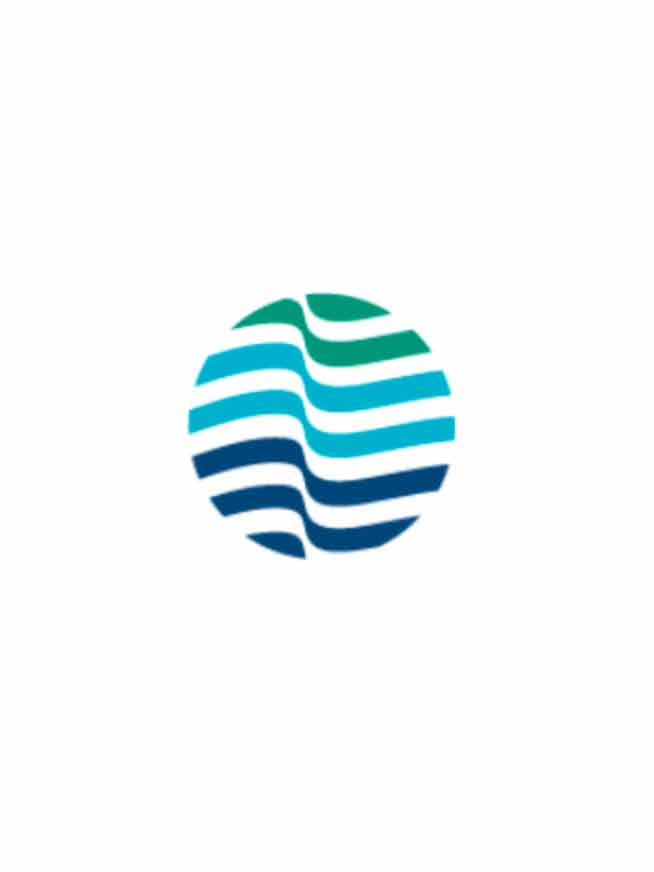Report Coincides with Unprecedented $15 Billion in Federal Funding for Drought in US West From Inflation Reduction Act and Bipartisan Infrastructure Law, Highlights Opportunities for Corporate Matching
Oakland, California – May 16, 2023 – The Pacific Institute, a global nonpartisan water think tank, today released a new report highlighting the role corporations can play in supporting positive water outcomes in the water-stressed Colorado River Basin. The report, entitled ‘Joining Forces: Innovative Co-Funding to Enhance Corporate Water Stewardship Impact in the Colorado River Basin,’ was developed in collaboration with AMP Insights. It specifically focuses on innovative co-funding strategies to address the basin’s intensifying water supply crisis.
This report coincides with unprecedented federal funding for water, as the Inflation Reduction Act and Bipartisan Infrastructure Law has made over $15 billion available to address western US drought challenges. The report highlights opportunities for corporate match dollars to support projects pursuing those federal sources.
“The urgency and scale of the water supply crisis in the Colorado River Basin call for innovative and collaborative solutions,” said Cora Snyder, Senior Researcher at the Pacific Institute. “This report sheds light on how corporations can amplify their water stewardship impact by joining forces with other funders. By embracing co-funding strategies laid out in the report, corporations can play a significant role in addressing the urgent water supply challenges in the Colorado River Basin. ”
The basin’s water crisis is both historic and linked to climate change. A 2022 study found the US Southwest had its driest 22-year period in over 1,200 years. Over 40 percent of the drought’s intensity is attributed to climate change. Additionally, the basin’s two major reservoirs, Lake Mead and Lake Powell, hit record lows in 2022. Lake Mead is projected to potentially reach ‘deadpool’ as early as 2025. which would mean no Colorado River water could be delivered to the lower basin states or Mexico.
The report concludes that strategic investments in the Colorado River Basin are urgently needed, requiring corporations to shift their focus from offsetting impacts to partnering with funders and project proponents for place-based and watershed-scale benefits.
“The key to unlocking this potential lies in devising inventive strategies for companies to synergize their funding with existing and emerging funding mechanisms,” said Davíd Pilz, Managing Partner at AMP Insights. “We are thrilled for this groundbreaking report to ignite discussions that catalyze innovative funding collaborations, ultimately driving significant and scalable impacts in water resource management.”
The report provides several examples of successfully co-funded water projects in the basin that demonstrate how co-funding approaches can work in practice. For instance, in 2019, corporations provided over $4 million to help close a $38-million funding gap for the Colorado River Indian Tribes’ System Conservation project, which bolstered water levels in Lake Mead. That project was co-funded by the State of Arizona, philanthropic organizations, and over a dozen corporations. It has since led to further innovations aimed at modernizing irrigation and water delivery systems on Tribal land in the basin.
The report is targeted at corporate water stewardship practitioners, public and philanthropic water funders, water project leads, and policymakers in the basin. It explores various funding mechanisms, such as grants, program-related investments, revolving loan funds, and impact investing. The report categorizes co-funding strategies into seed funding, required match funding, non-required match funding, funding to increase total project investment, and funding to repay loan principle.
To evaluate co-funding approaches, the report lays out a set of criteria focused on feasibility, leverage, complexity, and scalability. The report also discusses challenges around co-funding, such as missing links between corporations and projects, finding co-funding partners, and technical monitoring and benefit accounting gaps.
# # #
Founded in 1987, the Pacific Institute is a global water think tank that combines science-based thought leadership with active outreach to influence local, national, and international efforts in developing sustainable water policies. Its mission is to create and advance solutions to the world’s most pressing water challenges. From working with Fortune 500 companies to disenfranchised communities, the Pacific Institute leads local, national, and international efforts in developing sustainable water policies and delivering meaningful results.


